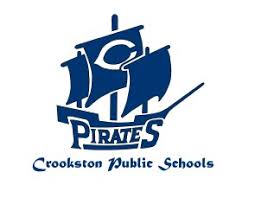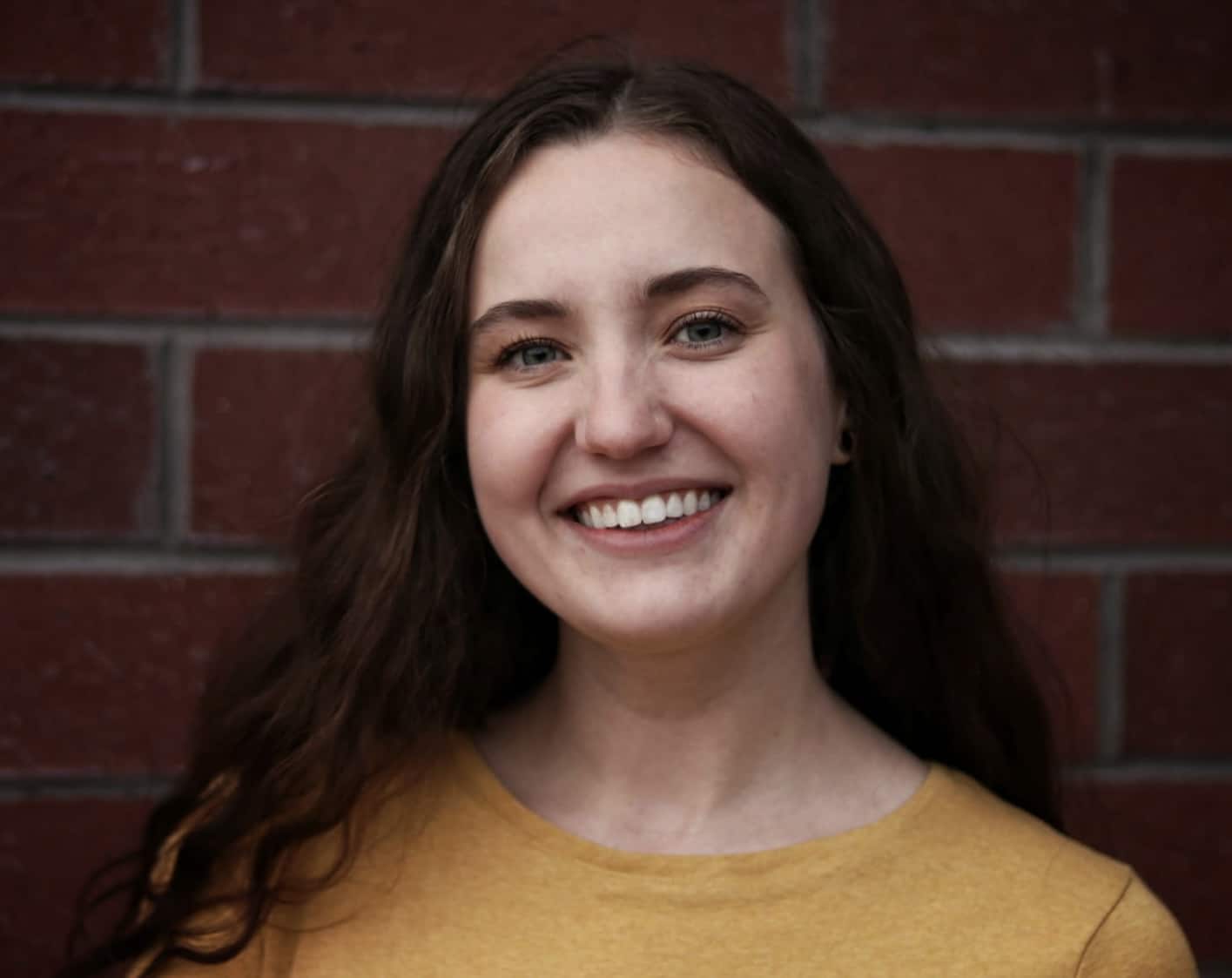The Crookston School Board on Tuesday voted to dissolve their boy’s hockey co-op with Fisher and their girl’s hockey co-op with Fisher and Mayville-Portland. They then reformed a girl’s hockey co-op with Mayville-Portland, Hatton and conditionally with Fisher to allow the one current player from Fisher to play out the rest of her high school career. However, no other players from Fisher coming up in hockey can play under the conditions.
Superintendent Jeremy Olson sat down with KROX to answer some questions about the decision to effectively end the co-op with the Fisher School District. Olson said that when looking at the competitive advantage for students having hockey gives along with low numbers (in terms of kids from Fisher), it was a relatively easy decision to reach. “When we’re dealing with co-ops with schools that we compete for students with we also want to look from a strategic standpoint,” said Olson. “Does it make sense for our school district to continue a co-op and give away a competitive advantage that we have? When we look at this and the low numbers present in the co-op it was fairly easy to come to the decision that this wasn’t in our best interest.”
Olson said there is not presently anyone from the Crookston School District who has left to attend Fisher and subsequently plays hockey for Crookston although he has heard that there was possibly someone looking to do that. “Not presently,” said Olson. “I’ve heard some things that next year that there might be possibly a person looking at doing that. That’s why we’re looking at it in this time frame because our numbers (of Fisher kids) are so low. We have zero boys in the co-op and one girl from Fisher that we are going to allow us to continue to co-op for the next couple of years.”
Olson reiterated that the conditions that allow Dana Conley to continue playing out her high school career were an agreement reached by the administrations of both schools to be the fairest and not hinder her ability to participate. “That’s the intention,” said Olson. “We think that this would be the fairest way to go about things. The Fisher School Administration and Crookston School Administration came to an agreement on that to make sure that we don’t hinder her ability to participate.”
Olson said that if the answer to the question “Does this benefit Crookston?” regarding a co-op with Fisher becomes a yes that a change could be made although he doesn’t presently see that happening. “I appreciate the ability to work with the Fisher Administration, and they’ve done a great job of working with us throughout this project,” said Olson. “So kudos to them in trying to make sure that we can try to get this student to participate. But when we look at this, everything is done on a case-by-case basis. And the question that I asked the school board in the long-range planning was, how does this benefit Crookston? And so if the answer at some point is that it does benefit Crookston and this is something that has been weighed and considered by the school board and administration this is something that will certainly change. Do I see that changing right now from a strategy standpoint? I don’t, but I’m not naïve enough to say that couldn’t change in five, six years or whatever the case may be.”
Olson believes the decision is in the best interest of the school district. “First and foremost, my primary charge as the superintendent is to look out for the best interest of the school district as a whole, not just one program,” said Olson. “I do believe this is the best direction for us as a school district. In regard to the hockey numbers, it does appear that we have strong numbers coming up, which should not affect us. We also have some really good numbers coming from our co-op (with Mayville-Portland and Hatton) as well. Those are positive signs, but at the end of the day, it really comes back to what is the best decision for our school district. And I care very much about the direction and the course that our district takes in the next couple of years and try to balance that with the needs of programs.”
He also said he doesn’t believe the decision will hinder the growth of, in particular, Crookston girl’s hockey because the youth program has strong numbers and the existing co-op also supplies strong numbers. “I don’t believe it will hinder the growth of the program, and like I said I have to look at these from a strategy standpoint as a district,” said Olson. “We have strong numbers coming from our co-op with Mayville (Portland) and Hatton. We’ll have six kids coming into that program there. We also have strong numbers coming in with our youth hockey, which is positive. As far as the Fisher co-op, we aren’t getting the numbers that we’d desire to maintain a co-op.”
Olson added that numbers are an essential piece for program strategy but also that considering the district strategy Mayville-Portland and Hatton aren’t competing with the district for students. “Numbers are the number one item that you look at when you look at co-ops from a program strategy,” said Olson. “But also from a district strategy, we are also not competing for students with Hatton or Mayville (Portland), and that factors in as well.”
Asked how each strategy, the number of students in the co-op versus the loss of students to open enrollment, played a factor Olson said, “The ability to thrive as a district, the strategy of the district obviously comes first and foremost whenever we look at any programs because we will not sacrifice the health of the district for one program. However, both of those factors played into the decision. Because when you don’t have strong numbers coming from a co-op and when you don’t have reasons strategically to be a part of that co-op, it makes the decision fairly easy.”
Olson explained why homeschooled students are allowed to participate, but the district can choose not to co-op with a competing district. “Homeschooled kids within the district are resident students and are entitled to be a part of extracurriculars,” said Olson. “That’s a fairly easy answer, and I think the state has backed that up several times that a resident student is a resident student whether they home school or decide to come to public school. That’s something that we have historically looked at and said they are a resident student and need to be able to participate. With that being said, when students open enroll, for instance, they are a resident student from a legal stance, but they are choosing to enroll in a different district. And Minnesota State High School League recognize those as being, students that are attending another district. And therefore, under Minnesota State High School Guidelines, they are a student from that district.”
Just like a student who open enrolls out of the district, the district gets no state aid for a student that is home schooled explained Olson. “As far as state aid we don’t collect state aid on home school students so from a financial standpoint the answer would be no,” said Olson. “Where we look at this is the opinions of the state and Minnesota’s Department of Education that homeschoolers be allowed to participate in extracurricular activities in their resident district.”
Tags:



